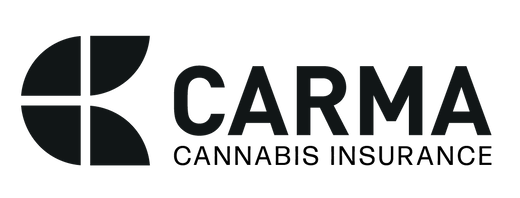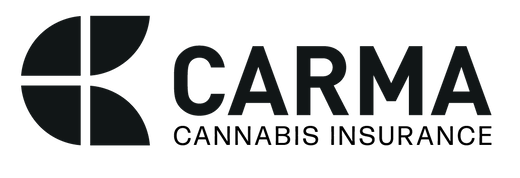What to Expect During a Cannabis Insurance Audit
See How We're Different
or call us: (215) 315-3750
The cannabis industry is a rapidly growing sector with unique risks and regulatory complexities. As such, cannabis businesses require specialized insurance coverage to protect their assets and operations. An integral part of this process is the cannabis insurance audit. This procedure ensures that your business is adequately covered and compliant with all relevant regulations.
Understanding the Cannabis Insurance Audit
An insurance audit for a cannabis business is a review of your operations, financial records, and insurance policies. The aim is to verify that the coverage you have matches the risks your business faces. It also checks that the premiums you pay are in line with your business activities and revenue.
During an audit, the insurance company may review various aspects of your business, such as your security measures, employee training programs, product handling procedures, and more. They will also look at your financial records to verify your reported revenue and expenses.
The Importance of Cannabis Insurance Audits
Insurance audits are crucial for both the insurer and the insured. For the insurer, it helps to manage risk and ensure that they are charging appropriate premiums. For the cannabis business, an audit can highlight areas of risk that may need additional coverage. It can also help to identify any discrepancies in the reported figures, which could lead to adjustments in premiums.
Furthermore, an audit can provide valuable insights into your business operations and help you identify areas for improvement. It can also serve as a compliance check, ensuring that your business is adhering to all relevant regulations and standards.
Preparing for a Cannabis Insurance Audit
Preparation is key to a successful cannabis insurance audit. Here are some steps you can take to ensure that your audit goes smoothly.
Organize Your Records
Before the audit, make sure all your financial records are in order. This includes sales records, expense reports, payroll records, and any other relevant financial documents. Having these records readily available will make the audit process smoother and more efficient.
It's also a good idea to have documentation of your business operations, such as training manuals, safety protocols, and product handling procedures. These documents can provide valuable context for the auditor and help them understand your business better.
Review Your Insurance Policies
Take the time to review your current insurance policies. Understand what is covered, what is not, and how your premiums are calculated. This will help you to answer any questions the auditor may have and ensure that you are adequately covered.
If you have any questions or concerns about your coverage, it's a good idea to discuss these with your insurance broker before the audit. They can provide valuable insights and advice to help you navigate the audit process.
What Happens During the Audit?
The audit process can vary depending on the insurance company and the specifics of your business. However, there are some common elements that you can expect.
Review of Financial Records
The auditor will review your financial records to verify your reported revenue and expenses. They may ask for additional documentation or clarification on certain items. It's important to be transparent and cooperative during this process.
This part of the audit can help to ensure that your premiums are in line with your business activities. If there are discrepancies, your premiums may be adjusted accordingly.
Review of Business Operations
The auditor will also review your business operations. This includes your security measures, employee training programs, product handling procedures, and more. They may ask questions to understand how your business operates and identify any potential risks.
This part of the audit can help to identify areas of risk that may need additional coverage. It can also provide valuable insights into your business operations and help you identify areas for improvement.
After the Audit
Once the audit is complete, the auditor will provide a report detailing their findings. This report will include any recommended changes to your coverage or premiums. It's important to review this report carefully and discuss any concerns with your insurance broker.
Remember, the goal of the audit is to ensure that your business is adequately covered and compliant with all relevant regulations. It's an opportunity to gain valuable insights into your business and make necessary adjustments to your insurance coverage.
While a cannabis insurance audit may seem daunting, with proper preparation and understanding, it can be a beneficial process for your business. By staying organized, reviewing your policies, and cooperating with the auditor, you can ensure a successful audit and peace of mind knowing that your cannabis business is adequately protected.
Article By

At Carma Cannabis Insurance, we are dedicated to providing comprehensive insurance solutions tailored to the unique needs of cannabis businesses.
Opening Hours
- Mon - Fri
- -
- Saturday
- -
- Sunday
- Closed
Explore
Our Coverage
Contact Info
Carma Insurance LLC is a licensed insurance producer with Pennsylvania as its resident license state (license #: 1182196). In California, we operate under the DBA CC Insurance Services (license #: 6015536).
All Rights Reserved | Carma Cannabis Insurance | Privacy Page | Legal Disclaimer



